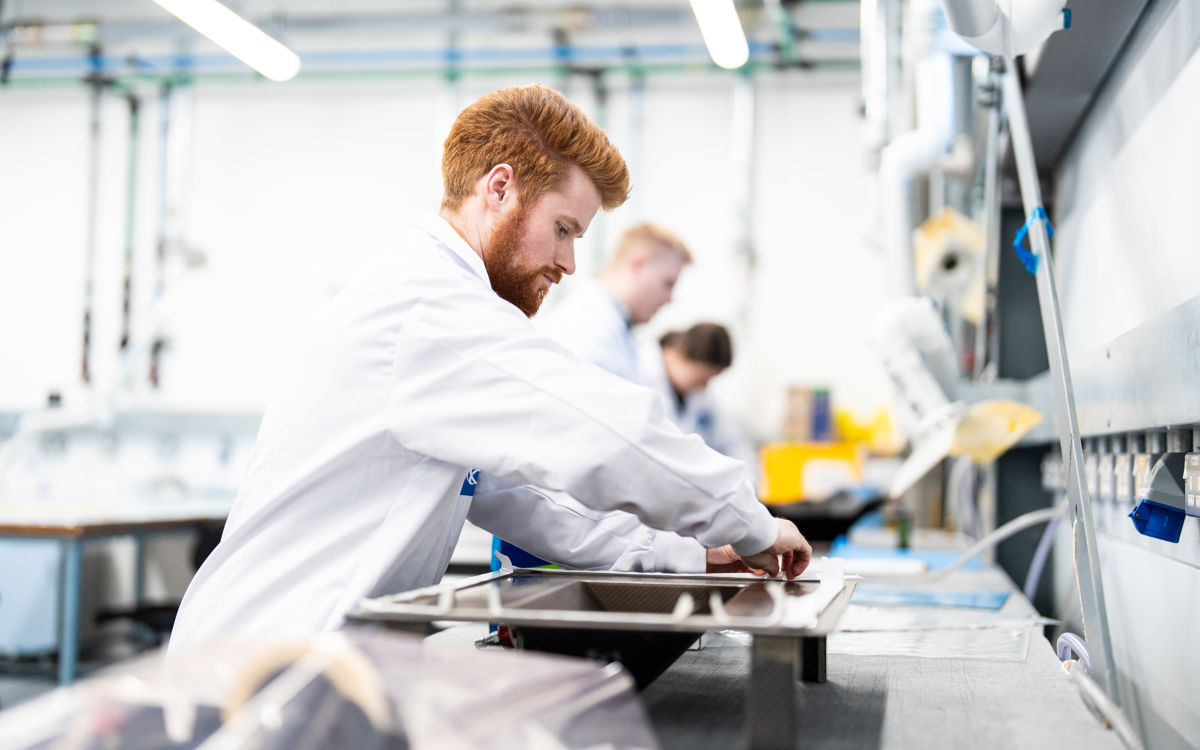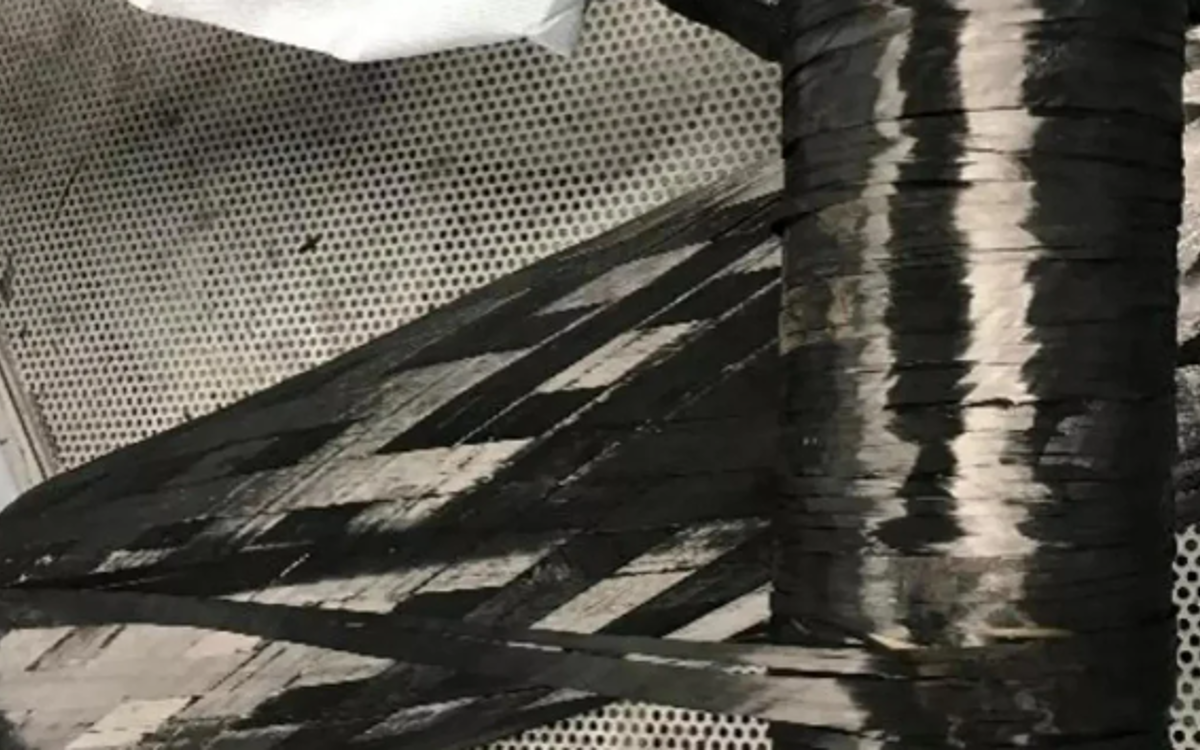
Academic reach
Taking cutting-edge research and technology, translating this into industrial impact
Collaborate with NCC
We work proactively with universities across the UK and overseas in a number of ways to translate fundamental research into industrial applications. We are also proud to be a major partner in globally significant R&D programmes, creating and anchoring jobs in all regions of the UK.



